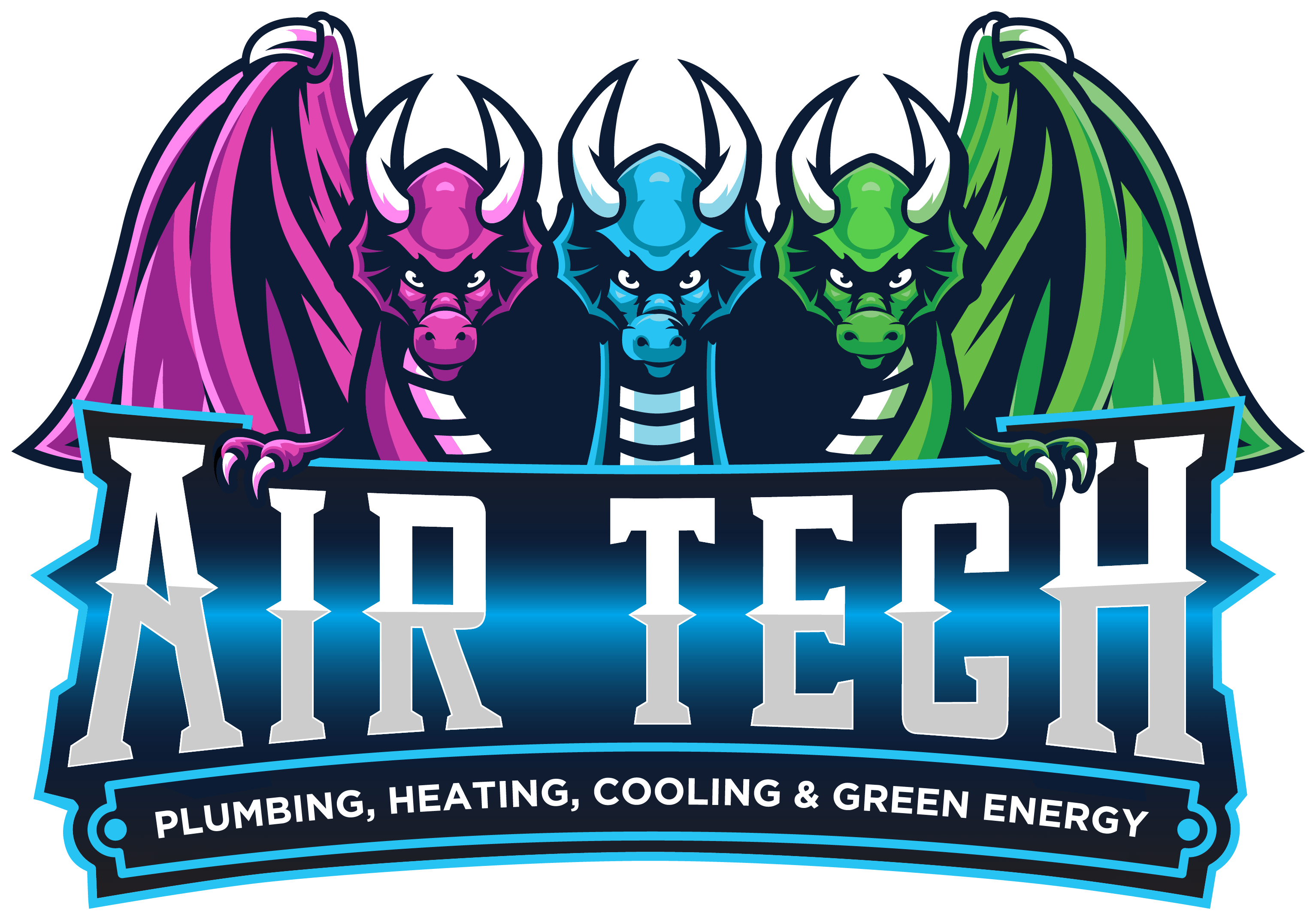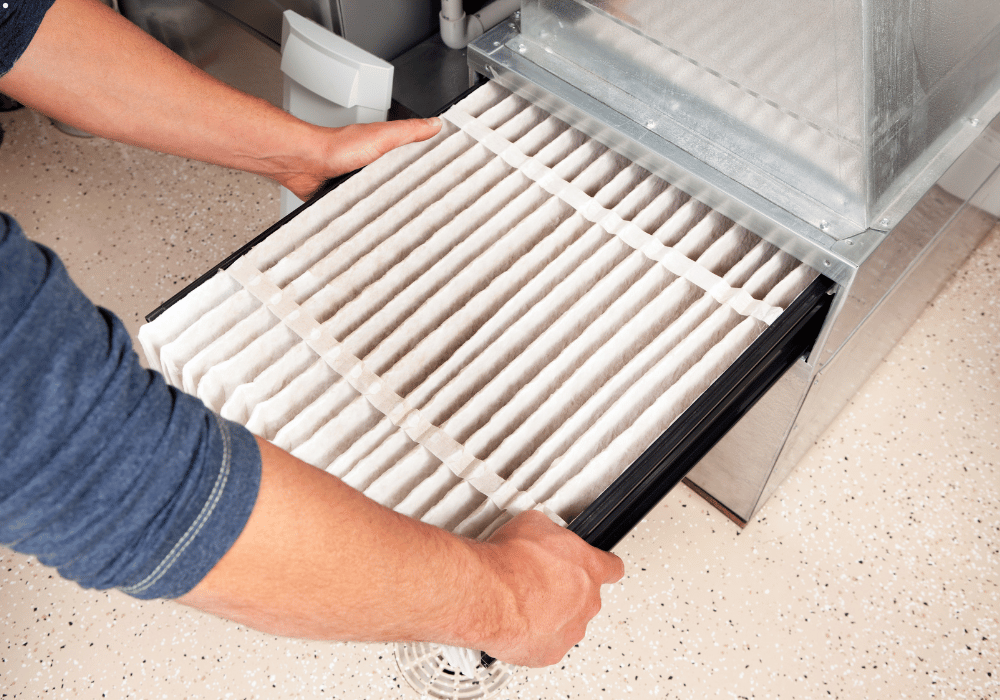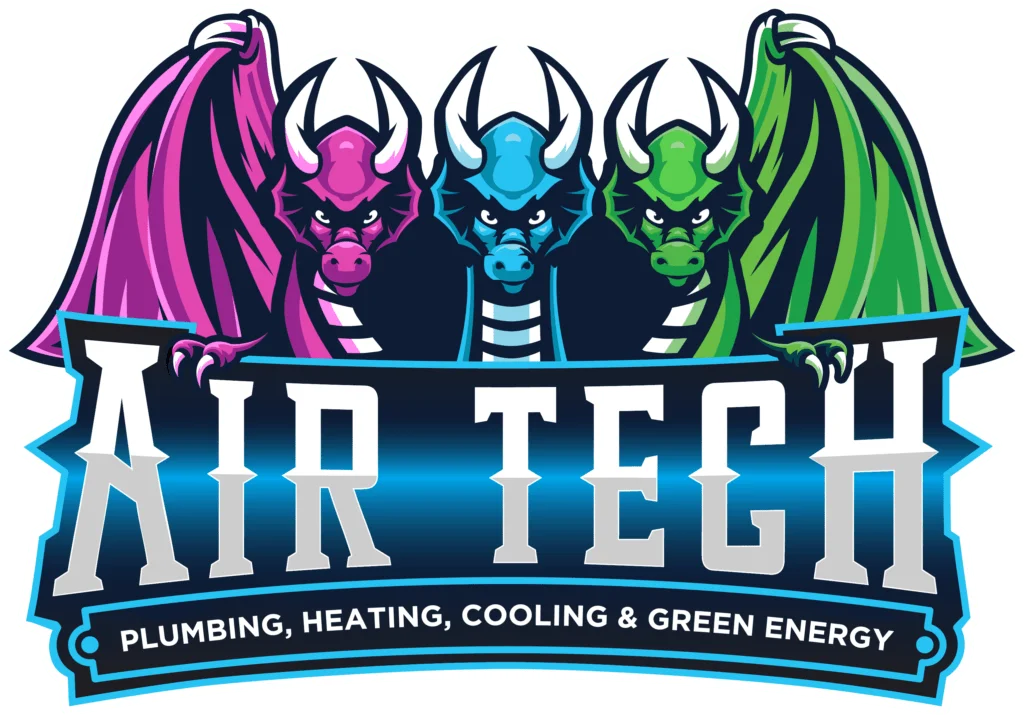Ensuring that your HVAC system is running efficiently is a top priority. One often-overlooked aspect of maintaining a healthy and efficient HVAC system is regularly changing the furnace filter. Homeowners should be informed on how often you should change your air filter. This comprehensive guide will provide you with all the information you need to keep your HVAC system running smoothly and your indoor air quality at its best. Keep reading to learn more!
Why Changing Your Furnace Filter is Important
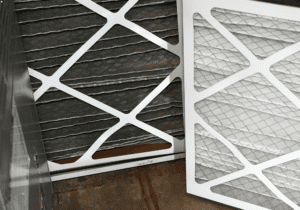 Before diving into the specifics of how often to change your furnace filter, it’s essential to understand why this task is so crucial. Here are several key reasons:
Before diving into the specifics of how often to change your furnace filter, it’s essential to understand why this task is so crucial. Here are several key reasons:
1. Enhanced Air Quality
A clean furnace filter ensures that dust, pollen, pet dander, and other airborne particles are effectively trapped before they circulate through your home. This is particularly important for individuals with allergies, asthma, or other respiratory conditions.
2. Improved Energy Efficiency
A clogged filter forces your HVAC system to work harder to push air through, leading to higher energy consumption and increased utility bills. Changing your filter regularly helps maintain optimal airflow and system efficiency.
3. Prolonged HVAC System Lifespan
Regularly replacing your filter reduces the strain on your HVAC system, helping prevent wear and tear on components like the blower motor. This can prolong the lifespan of your system and save you money on costly repairs and replacements.
4. Consistent Comfort
A clean filter ensures that your HVAC system can maintain the desired temperature in your home more effectively, providing consistent comfort throughout the year.
Factors That Affect How Often You Should Change Your Furnace Filter
Several factors can determine how often you should change the furnace filter. Here are the most significant considerations:
1. Type of Furnace Filter
Furnace filters come in various types, each with different lifespans.
- Fiberglass Filters: These are inexpensive and have a short lifespan. Typically, they should be replaced every 30 days.
- Pleated Filters: These filters are more efficient at trapping particles and have a longer lifespan. They can last between 60 to 90 days, depending on usage.
- HEPA Filters: High-efficiency particulate air (HEPA) filters are designed to trap even the smallest particles. They usually need to be replaced every 6 to 12 months, but this can vary based on usage and manufacturer recommendations.
- Reusable Filters: Some filters are washable and reusable. These should be cleaned according to the manufacturer’s instructions, which is typically every 30 to 60 days.
2. Household Size and Occupancy
The number of people living in your home can impact how quickly your filter gets dirty. Larger households generate more dust, pet dander, and other particles, leading to a shorter filter lifespan.
3. Pets
If you have pets, especially those that shed, you’ll need to change your filter more frequently. Pet hair and dander can quickly clog a filter, reducing its effectiveness.
4. Allergies or Respiratory Conditions
If anyone in your household suffers from allergies or respiratory conditions, it’s a good idea to change your filter more often to maintain better air quality.
5. Seasonal Use
During peak usage seasons, such as summer and winter, your HVAC system works harder, and the filter may need to be replaced more frequently. In contrast, during milder seasons when the system is used less, the filter may last longer.
6. Environmental Factors
External factors like construction nearby, wildfire smoke, or high pollen counts can increase the amount of particles in the air, leading to a faster-clogging filter.
General Guidelines for Changing Your Furnace Filter
While the specific replacement interval for your furnace filter will depend on the factors mentioned above, here are some general guidelines to follow:
- Fiberglass Filters: Replace every 30 days.
- Pleated Filters: Replace every 60 to 90 days.
- HEPA Filters: Replace every 6 to 12 months.
- Reusable Filters: Clean every 30 to 60 days.
However, these are just starting points. It’s essential to monitor your filter regularly and adjust the replacement schedule based on your specific circumstances.
How to Check and Replace Your Furnace Filter
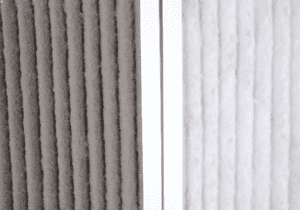 Checking and replacing your furnace filter is a simple task that can make a big difference in your HVAC system’s performance and your home’s air quality. Here’s how to do it:
Checking and replacing your furnace filter is a simple task that can make a big difference in your HVAC system’s performance and your home’s air quality. Here’s how to do it:
1. Turn Off Your HVAC System
Before checking or replacing the filter, ensure that your HVAC system is turned off to prevent any dust or debris from being drawn into the system.
2. Locate the Filter
Furnace filters are typically located in one of three places:
- In the return air duct or blower compartment
- In the furnace itself (behind a removable panel)
- In the air handler unit for central air conditioning systems
3. Remove the Old Filter
Carefully remove the old filter, taking note of the direction of airflow indicated by arrows on the filter frame. This label shows which direction the airflow is going and will make replacing the new air filter easier.
4. Inspect the Filter
Hold the filter up to a light source. If you can’t see much light passing through, it’s time to replace it.
5. Install the New Filter
Insert the new filter, ensuring that the airflow arrows are pointing in the correct direction. Secure any panels or covers that you removed.
6. Turn On Your HVAC System
Once the new filter is installed, turn your HVAC system back on and enjoy cleaner air and improved efficiency.
Regularly changing your furnace filter is a simple yet crucial task that can significantly impact your home’s air quality, energy efficiency, and HVAC system lifespan. Remember, a little maintenance goes a long way. Make it a habit to check your furnace filter regularly and replace it as needed to ensure a comfortable and healthy home environment. For more tips on maintaining your HVAC system and improving your home’s air quality, be sure to read our other blog posts to learn more. Questions or looking for HVAC services? Contact us today for a professional HVAC contractor in Vernon, Kelowna, and surrounding areas.
